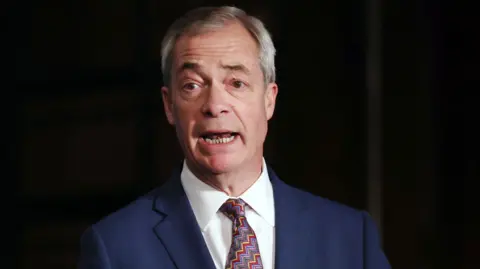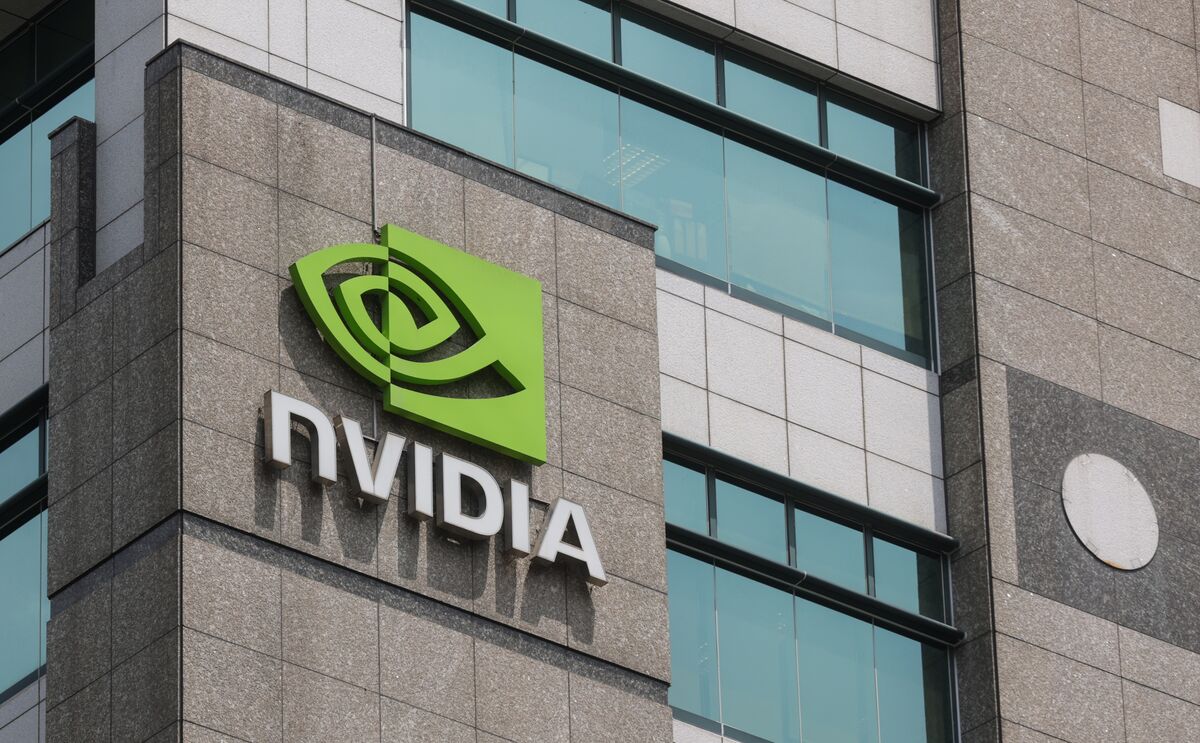India-US Tensions Rise: Justice Vs. De-escalation

Table of Contents
Root Causes of Rising India-US Tensions
The current strain in India-US relations stems from a confluence of factors, creating a complex web of challenges that require careful consideration. These challenges impact both diplomatic relations and international relations on a global scale.
Trade Disputes and Economic Friction
Significant trade imbalances, escalating tariffs, disputes over intellectual property rights, and differing approaches to investment restrictions have fueled economic friction between India and the US.
- Trade Imbalances: The persistent trade deficit between the two nations has been a source of contention, with the US repeatedly expressing concerns about unfair trade practices.
- Tariffs and Trade Barriers: Imposition of tariffs on specific goods by both countries has further strained the economic relationship, impacting businesses and consumers on both sides.
- Intellectual Property Rights: Differing interpretations and enforcement of intellectual property rights have led to disputes, hindering technological collaborations and investment flows.
- Investment Restrictions: Restrictions on foreign investment in certain sectors have created uncertainty and discouraged greater economic engagement.
These economic disagreements have directly impacted bilateral relations, highlighting the need for constructive dialogue and mutually beneficial trade agreements to alleviate these tensions.
Geopolitical Competition and Strategic Rivalries
The rise of China as a global power has significantly influenced the India-US dynamic. Both nations share concerns about China's growing influence, but their approaches to managing this challenge differ, leading to strategic friction.
- Competition for Regional Dominance: India and the US both seek to maintain a strong presence in the Indo-Pacific region, sometimes leading to overlapping interests and potential competition.
- Differing Stances on Global Issues: Divergent views on issues such as Russia, Iran, and the handling of international conflicts create additional strain. For example, India's continued reliance on Russian defense systems presents a complex challenge to the US.
- Third-Party Actors: The actions of other nations, particularly China, often exacerbate existing tensions, making it necessary to address these wider geopolitical factors to foster a more stable bilateral relationship.
Security Concerns and Defense Cooperation Challenges
Security concerns and the complexities of defense cooperation pose additional hurdles. Despite significant defense cooperation, concerns remain regarding arms sales, technology transfer limitations, and differing approaches to counter-terrorism.
- Arms Sales and Technology Transfer: Restrictions on technology transfer and concerns over the sale of certain defense technologies have hampered deeper military cooperation.
- Counter-terrorism Strategies: While both nations are committed to combating terrorism, differing approaches and priorities sometimes create friction.
- Trust-building Measures: Addressing these security concerns requires building greater trust and transparency between the two nations through enhanced communication and coordinated efforts.
The Pursuit of Justice and Accountability
While de-escalation is crucial, ignoring concerns about justice and accountability is untenable. Upholding human rights principles is essential, even within the complexities of international relations and strategic partnerships.
Addressing Human Rights Concerns
Both India and the US face challenges regarding human rights. Open and honest discussions are necessary to address issues such as religious freedom, minority rights, and freedom of speech.
- Religious Freedom: Concerns about religious freedom and the treatment of minority religious groups in both countries require attention and dialogue.
- Minority Rights: Protecting the rights of marginalized communities is paramount and needs to be a consistent focus in bilateral discussions.
Holding Actors Accountable for Violations
Establishing mechanisms for accountability and utilizing international legal frameworks are crucial for addressing human rights violations.
- International Legal Frameworks: Leveraging existing international legal instruments and mechanisms can play a vital role in ensuring justice and accountability.
- Challenges in Accountability: The practical challenges of holding actors accountable within the context of a complex geopolitical relationship require careful consideration.
Strategies for De-escalation and Conflict Resolution
De-escalating tensions and fostering a more productive relationship require a multifaceted approach combining diplomacy, economic cooperation, and strengthened strategic partnerships.
Diplomacy and Dialogue
Sustained high-level diplomatic engagements and strengthening communication channels are critical for resolving disputes and preventing further escalation.
- High-Level Diplomatic Engagements: Regular meetings and dialogues between top officials can foster understanding and facilitate conflict resolution.
- Conflict Mediation: Third-party mediation can be helpful in addressing particularly challenging issues.
Economic Cooperation and Mutual Benefits
Expanding trade and investment, fostering joint ventures, and promoting infrastructure development can create mutually beneficial outcomes, fostering a more positive bilateral relationship.
- Trade Agreements: Negotiating comprehensive and fair trade agreements can address existing economic friction.
- Joint Ventures: Encouraging joint ventures and investments in key sectors can foster economic interdependence and shared prosperity.
Strengthening Strategic Partnerships
Enhanced cooperation in areas such as joint military exercises, intelligence sharing, and technology collaborations can boost mutual security interests and build trust.
- Joint Military Exercises: Regular joint military exercises can improve interoperability and enhance defense cooperation.
- Intelligence Sharing: Increased information sharing can improve situational awareness and facilitate a more coordinated approach to security threats.
Conclusion
The rising tensions between India and the United States present a significant challenge. A nuanced approach is necessary – one that carefully balances the pursuit of justice with the imperative of de-escalation. Addressing the root causes of conflict through sustained diplomatic engagement, mutually beneficial economic cooperation, and strategic partnership building is paramount. Ignoring these tensions risks jeopardizing a critical bilateral relationship with significant global implications. Understanding the intricacies of India-US relations is crucial for navigating this complex period. Further research into India-US relations, exploring diverse perspectives on de-escalation strategies, and promoting informed dialogue about conflict resolution are essential steps towards building a more stable and prosperous future for both nations.

Featured Posts
-
 Rust Movie Review Examining The Production After Halyna Hutchins Death
May 03, 2025
Rust Movie Review Examining The Production After Halyna Hutchins Death
May 03, 2025 -
 Explosive Texts Reveal Bitter Row Between Nigel Farage And Rupert Lowe
May 03, 2025
Explosive Texts Reveal Bitter Row Between Nigel Farage And Rupert Lowe
May 03, 2025 -
 Rome Enquete Sur Une Possible Ingerence De Macron Dans L Election Du Pape
May 03, 2025
Rome Enquete Sur Une Possible Ingerence De Macron Dans L Election Du Pape
May 03, 2025 -
 Nvidia Ceo Seeks Changes To Ai Chip Export Restrictions Under Trump
May 03, 2025
Nvidia Ceo Seeks Changes To Ai Chip Export Restrictions Under Trump
May 03, 2025 -
 Tuerkiye Nin Avrupa Ile Is Birligi Politikalari
May 03, 2025
Tuerkiye Nin Avrupa Ile Is Birligi Politikalari
May 03, 2025
Latest Posts
-
 Arsenals Havertz A Disappointing Epl Start Souness Criticism
May 03, 2025
Arsenals Havertz A Disappointing Epl Start Souness Criticism
May 03, 2025 -
 Epl Analysis Is Havertz The Right Fit For Arsenal Souness Weighs In
May 03, 2025
Epl Analysis Is Havertz The Right Fit For Arsenal Souness Weighs In
May 03, 2025 -
 Havertz Fails To Impress Souness Verdict On Arsenals Epl Signing
May 03, 2025
Havertz Fails To Impress Souness Verdict On Arsenals Epl Signing
May 03, 2025 -
 Epl Graeme Souness On Havertzs Arsenal Struggles Lack Of Improvement
May 03, 2025
Epl Graeme Souness On Havertzs Arsenal Struggles Lack Of Improvement
May 03, 2025 -
 Souness Slams Havertz Not The Arsenal Answer Epl Performance Disappointing
May 03, 2025
Souness Slams Havertz Not The Arsenal Answer Epl Performance Disappointing
May 03, 2025
